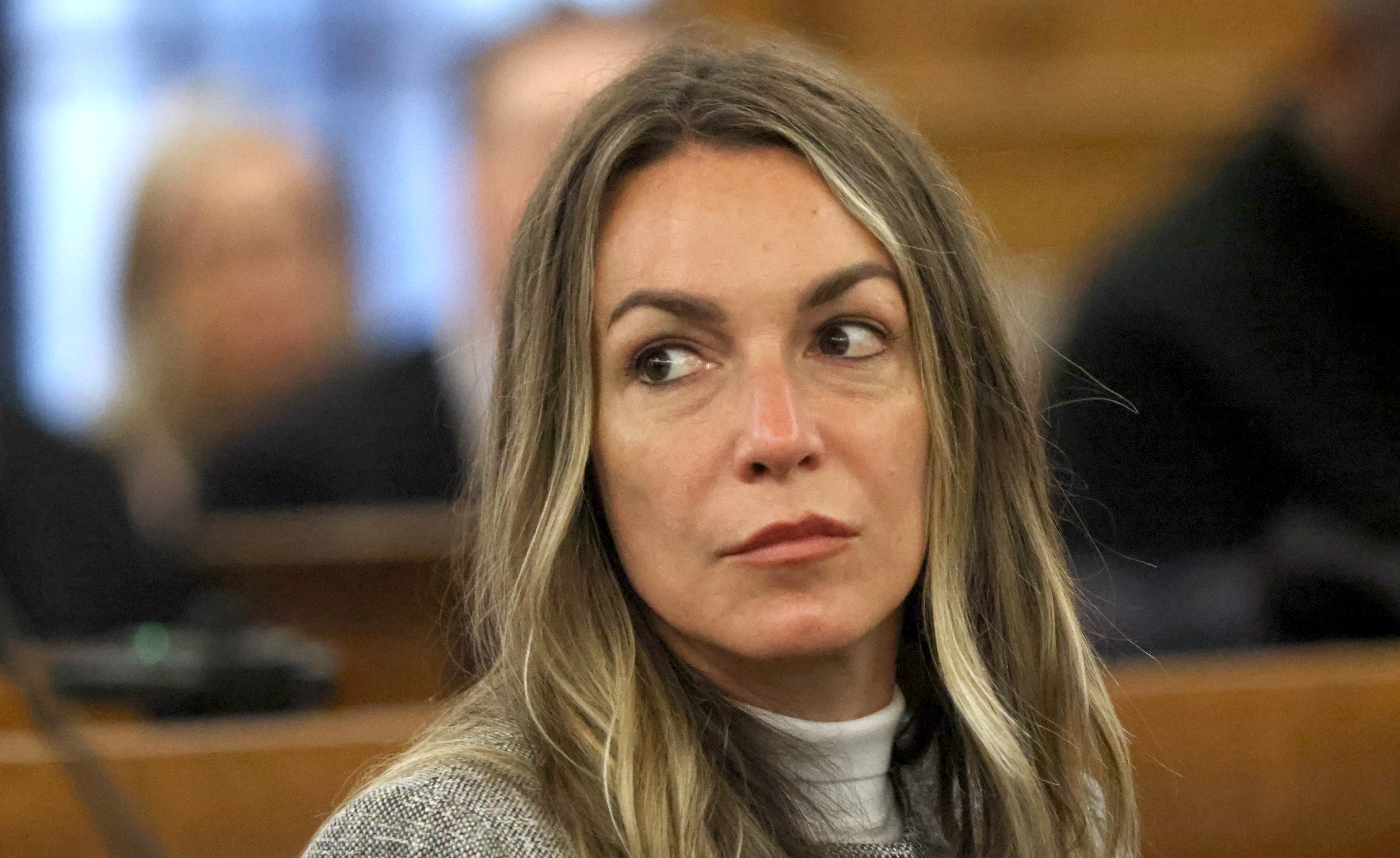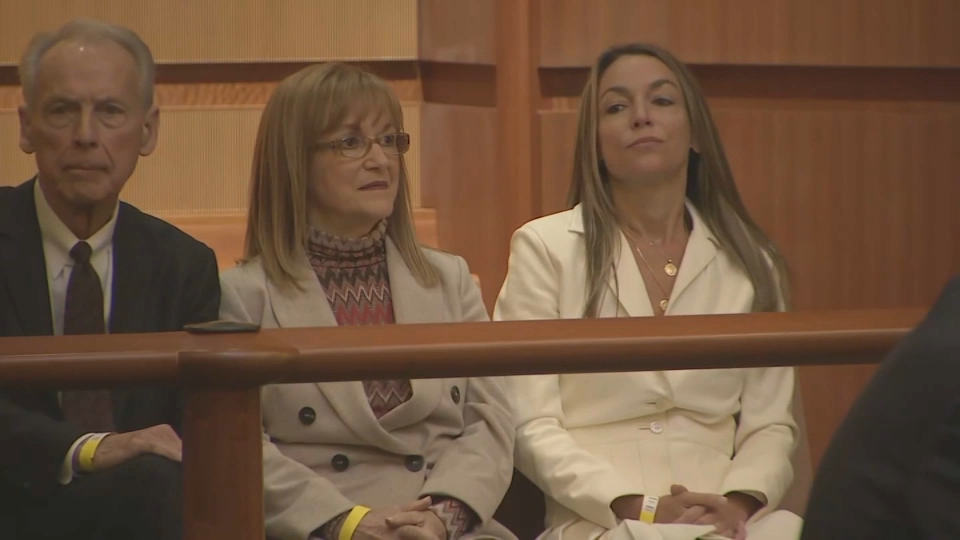One of the pillars of Karen Read's defense in her murder case is her legal team's claim that someone else googled the phrase, "hos long to die in cold," hours before the body of Read's boyfriend, John O'Keefe, was found in the snow outside a Canton, Massachusetts, home.
In a new legal filing, the Norfolk County District Attorney's Office calls that claim "debunked" and is asking the judge in the case to prevent her team's lawyers from calling in the retrial the expert who says the search was made before O'Keefe's body was found.
"Richard Green's debunked opinions are not an example of a 'battle of the experts' best left to be resolved by the factfinder, but instead, an attempt to infect the jury with an inadmissible opinion that is not premised on reliable digital forensics," prosecutors wrote in their motion, filed Tuesday.
The prosecution contends that the "hos long to die in cold" search was made at 6:23 a.m. by Jennifer McCabe, a friend of O'Keefe's, shortly after she and Read arrived at the house on Fairview Road outside of which O'Keefe was lying stricken in the snow. They have backed that analysis up with the testimony of an expert from the digital forensics company Cellebrite.
The defense argues, citing Green's testimony, that the digital evidence shows McCabe made the search at about 2:30 a.m., and that McCabe has helped cover up who really killed O'Keefe at the Fairview Road home, where she and others attended a small party earlier in the evening.
McCabe took the stand in the trial, which ended with a hung jury last summer, and adamantly denied making the search until after finding O'Keefe's body at dawn.
"I did not make that search at that time," McCabe said. "I never would have left John O'Keefe out in the cold to die because he was my friend that I loved."
McCabe said that she was actually researching a basketball team for her daughter at 2:27 a.m., and left a tab open. She said that when Read asked her to look up how long to die in the cold when they found O'Keefe's body, she searched it from the same tab.
The prosecution said in Tuesday's filing that their expert's reading of the digital information unequivocally disproves the defense expert's reading. Moreover, they said, Cellebrite has even updated its software in light of the debate, and that the update confirms that the search was made at about 6:24 a.m.
They asked Judge Beverly Cannone to either hold a hearing on Green's qualification to testify in the Read case or to exclude his opinion from the retrial altogether.
NBC10 Boston legal analyst Michael Coyne said the prosecution is likely "dotting their I's and crossing their T's."
"What they don't want is evidence that is harmful to their case coming in that really doesn't pass the strictures of admissible evidence," he said.
Prosecutors have filed several recent motions aimed at limiting the scope of the defense's argument and expanding their own.




